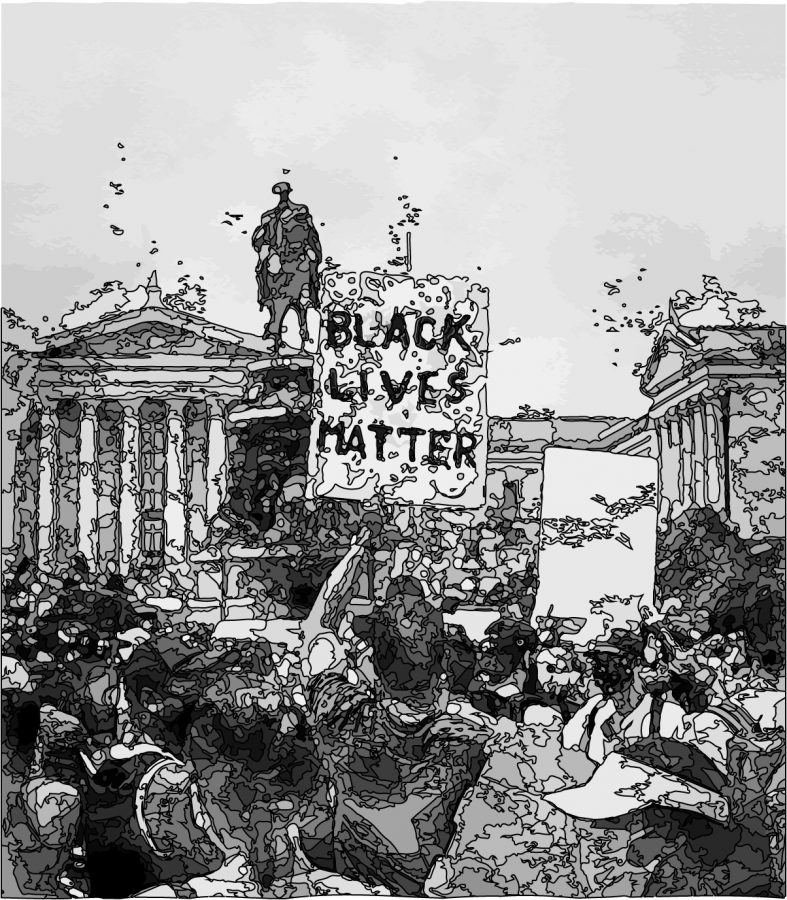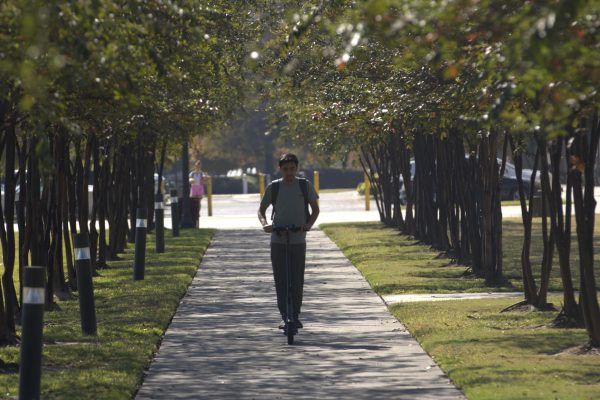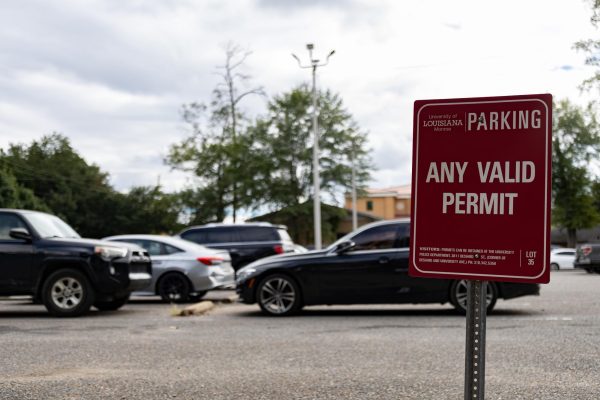Black Lives Matter is more than a trend
George Floyd. Trayvon Martin. Tamir Rice. Breonna Taylor. These are names you probably recognize as victims of police brutality. Let me rephrase that—These are names you should know as victims of police brutality.
Black Lives Matter started in 2013 in response to Trayvon Martin’s murder, according to the Black Lives Matter website. In recent years, the BLM movement has grown vastly as the hashtag #blacklivesmatter has been tweeted around 48 million times, according to Pew Research Center.
In the past few months, nationwide protests have broken out over George Floyd’s horrendous death. Many who couldn’t attend the protests donated to Black Lives Matter organizations. Over a million people participated in an Instagram blackout on their feeds “to highlight racial injustice and give attention to black voices that have not been heard,” according to Independent.
But what’s happening now? I remember when different races came together and fought for racial injustice right after George Floyd’s death. Now, it seems the only group who is actively fighting for racial injustice still is the African American community.
I won’t lie. I have not posted against police brutality as much as I did when the movement was at its peak.
And that’s wrong. Police brutality and racial injustice should continuously be fought against.
We shouldn’t just post about the Black Lives Matter movement or go to protests because it’s a trend. These are people’s lives we are talking about.
They deserve to be heard. They deserve to be fought for. We have failed the voiceless.
The protests haven’t stopped. According to the Associated Press, on Aug. 29, protests were still happening in Portland, Oregon, at the Portland police building and mayor’s condo.
It’s not like police brutality ceased. According to the New York Times, Trayford Pellerin died on Aug. 21 in Lafayette, Louisiana, during police gunfire at a convenience store. This year, Black people have been 28% of those killed by police, despite only making up 13% of the population, according to Mapping Police Violence.
We can’t keep acting like the BLM movement is a trend for us to be a part of.
Police brutality and racial injustice affects our friends. Our family. Those we should consider our brothers and sisters.
We have to stand up now. 2020 is the time for more people recognize the injustice our African American friends experience.
There is so much more to fighting racial injustice than posting a black screen on your Instagram feed.




